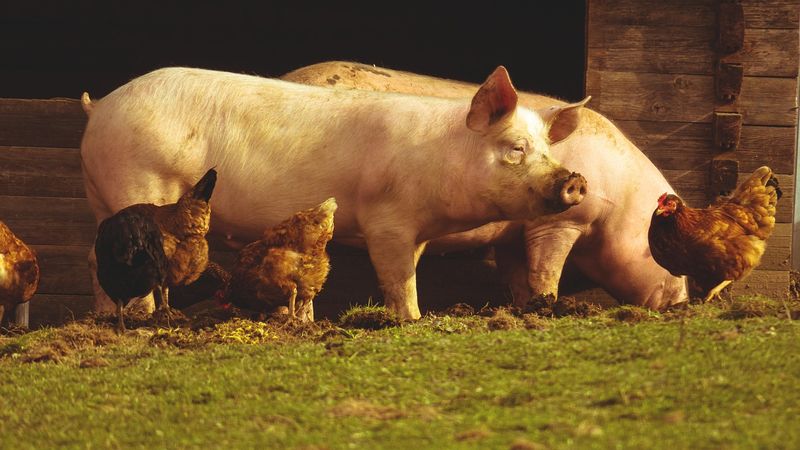
From Farm to Fork: How the UK and Kazakhstan Are Redefining Meat by 2027
Waitrose and Kazakhstan are taking very different paths to change how meat reaches our plates—one through higher welfare, the other through food security.
When it comes to food, change is on the horizon—and two recent announcements show just how varied that change can be.
Waitrose: Putting Welfare First
UK supermarket Waitrose has pledged that by 2027 all its own-brand pork will be 100% free range. Starting in October 2025, customers will already see free range pork mince, steaks, chops, and joints on shelves.
Free range here means pigs are raised outdoors, free to roam and live naturally. It’s good for animal welfare, good for farmers, and, Waitrose says, good for taste.
Shoppers will also notice tiered welfare labels designed to guide choices quickly and transparently. For Waitrose, this is about more than food—it’s about values.
Kazakhstan: Securing the Plate
Meanwhile, in Central Asia, Kazakhstan is chasing a different target. The country plans to become fully self-sufficient in chicken meat by 2027.
In just five years, Kazakhstan has cut its reliance on imports from nearly half to less than a fifth. New poultry farms are opening, production is rising, and the goal is clear: meet all domestic demand with homegrown chicken.
This isn’t about welfare labels or consumer branding—it’s about food security, economic independence, and building resilience for the future.
Two Paths, One Destination
At first glance, these stories couldn’t be more different. Waitrose is betting on higher standards to win over conscious consumers, while Kazakhstan is focused on self-reliance in feeding its population.
But together, they highlight a bigger truth: by 2027, the way we produce and consume meat will look very different. Whether it’s welfare, sustainability, or security, the systems that put food on our plates are being reimagined.
Sources:
